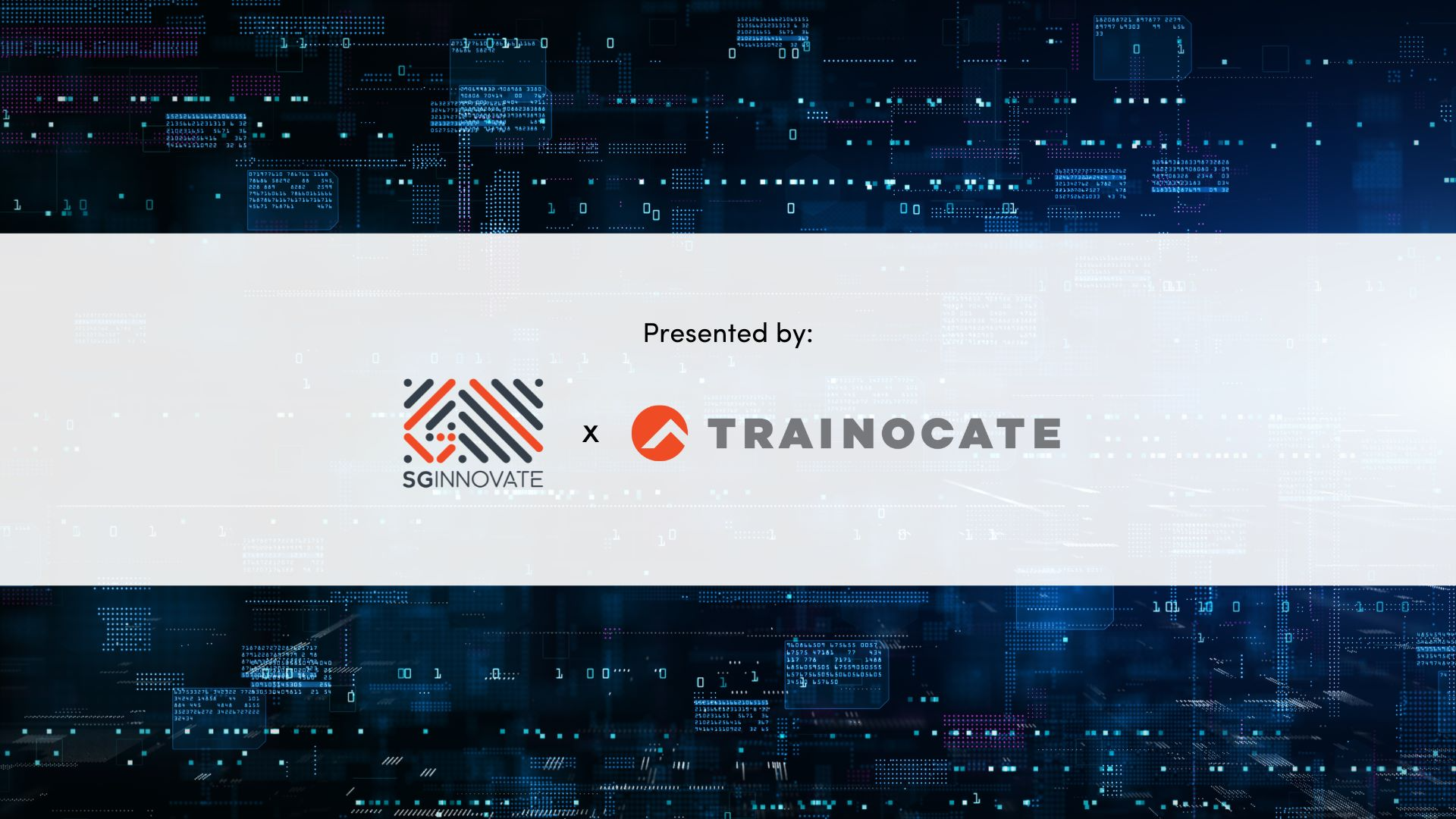Overview
A 5-day short course for those looking to learn ethical hacking and penetration fundamentals in preparation for the Certified Ethical Hacker (CEH) certification exam by EC-Council, the world leader in IT Security Courses.
Ethical Hacking & Penetration Testing is delivered by Ngee Ann Polytechnic and co-marketed by SGInnovate.
A major concern of many organisations today is the security of data privacy where malicious hackers are prevalent. In this case, thinking like a criminal is key to your security, and this is where the skills of a professional ethical hacker plays a crucial role
Learning Outcomes
Arm yourself with the skills and knowledge necessary to purposefully invade computer networks and identify weaknesses before they can be exploited by cyber criminals. Learn ethical hacking and penetration fundamentals in preparation for the Certified Ethical Hacker (CEH) certification exam by EC-Council, the world leader in IT Security Courses – Information Security, Network Security, Computer Security and Internet Security Certification and Training.
- Knowledge and skills needed to prepare for EC-Council’s Certified Ethical Hacker (CEH) certification exam (Ngee Ann Polytechnic is EC-Council’s Authorised Academic Partner and Exam Center. Only for a limited time: CEH v12 Elite Package would be included as part of this course. More details about this package can be found here: https://www.eccouncil.org/programs/certified-ethical-hacker-ceh/)
- Techniques and tools malicious hackers use, but in a lawful and legitimate manner
- Hacking into networks, systems, and web applications, with a goal to assess the potential impact and risk of an actual cyberattack, and to deploy necessary countermeasures
- Principles of ethical hacking, penetration testing methodology, reconnaissance of IT infrastructure, scanning for network, systems, and web application vulnerabilities
- Developing attack vectors to exploit the vulnerabilities
- Countermeasures to mitigate the risks of exploitation
- To assess and improve the security posture of a company’s systems, network, and web applications
Entry Requirements
- Applicants should have undertaken GCE ‘O’ Levels course of study
- Applicants should have experience and/or educational background in fundamentals of cyber security.
- Basic Windows / Linux user skills and a fundamental understanding of computer and networking concept
| Applicants / Eligibility | Course Fees* (inclusive of GST) |
Full course fees | $2516.40 |
Singaporeans aged below 40 qualified for SkillsFuture Funding* | $747.93 |
Singaporeans aged 40 & above qualified for SkillsFuture Mid-Career Enhanced Subsidy* | $281.93 |
Singaporeans qualified for Enhanced Training Support for SMEs* | $281.93 |
Singapore Permanent Residents & **LTVP+ qualified for SkillsFuture Funding | $754.92 |
Singapore Permanent Residents & ##LTVP+ qualified for Enhanced Training Support for SMEs | $288.92 |
Others (and Repeat Students) | $2516.40 |
*Subject to SkillsFuture funding, administered by Ngee Ann Polytechnic. Terms & conditions apply.
Funding period for this course is from 12 May 2020 to 30 Sep 2024.
SkillsFuture Credit
All Singaporeans aged 25 and above can use their $500 SkillsFuture Credit from the government to pay for a wide range of approved skills-related courses. Visit the SkillsFuture Credit website to choose from the courses available on the Training Exchange course directory.
Union Training Assistance Programme (UTAP)
NTUC members enjoy 50% unfunded course fee support for up to $250 each year (or up to $500 for NTUC members aged 40 years old and above) when you sign up for courses supported under UTAP (Union Training Assistance Programme). Please visit e2i’s website to find out more.
Enhanced Training Support
For enhanced training support, enter SME in the promo code during course application.
Ngee Ann Polytechnic reserves the right to reschedule / cancel any programme, modify the fees and amend information without prior notice.
Note:
(Course fee is payable upon acceptance. It is inclusive of 8% GST and subject to review.)
Please note that the GST rate will be revised to 8% with effect from 1 Jan 2023, as such any payable course fees will be subjected to the new GST rate adjustments in 2023.
Outline
- Techniques and tools malicious hackers use, but in a lawful and legitimate manner
- Hacking into networks, systems, and web applications, with a goal to assess the potential impact and risk of an actual cyberattack, and to deploy necessary countermeasures
- Principles of ethical hacking, penetration testing methodology, reconnaissance of IT infrastructure, scanning for network, systems, and web application vulnerabilities
- Developing attack vectors to exploit the vulnerabilities
- Countermeasures to mitigate the risks of exploitation
- To assess and improve the security posture of a company’s systems, network, and web applications
- More than 40 percent of class time provides students with a hands-on experience of the latest hacking techniques, methodologies and tools






